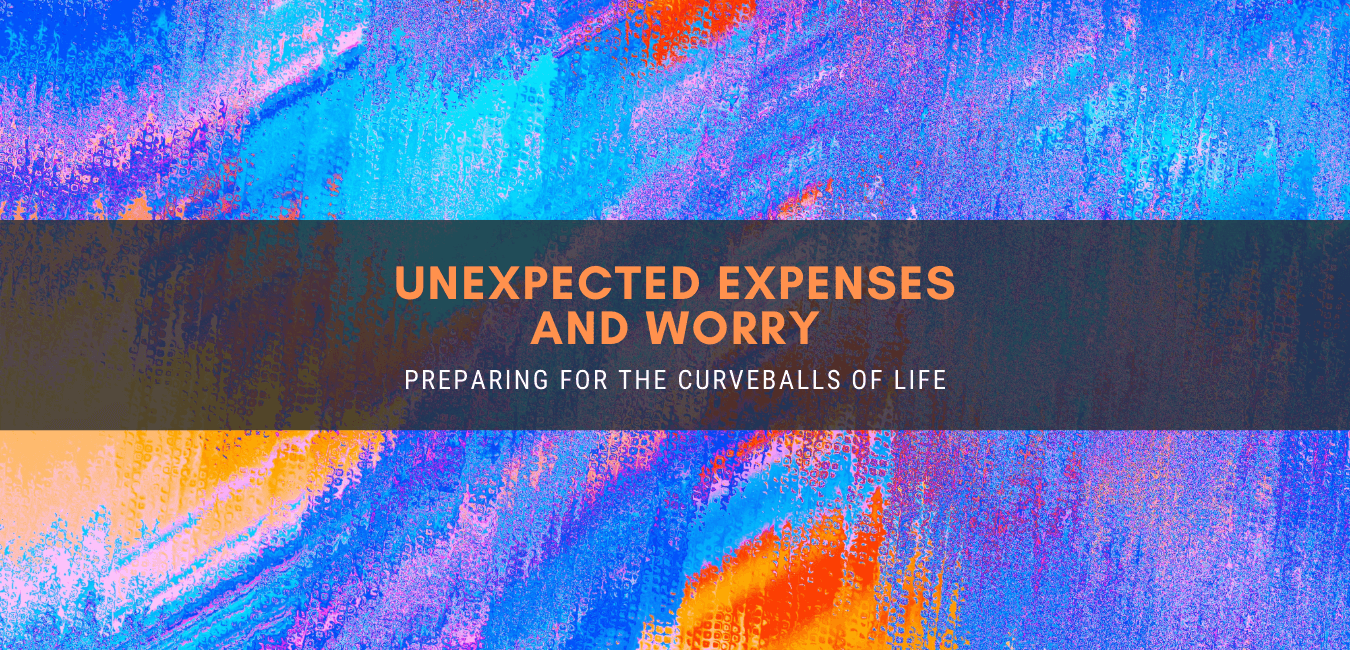Unexpected Expenses and Worry
On a cold Monday morning, I grab my workbag with coffee in hand and head out to my truck. With the key in the ignition, I turn it over only to hear that dreaded sound…
*CRANK CRANK CRANK CRANK CRANK*
I check all the normal diagnostic checkpoints. Battery is good, gas is in the tank, no lines or belts are out of whack and everything appears to be fully functioning. I try turning it over again, this time pressing on the gas and the engine comes to life only to die once I take my foot off the pedal! Uh-oh. After a few calls and waiting over an hour, my 14-year-old truck (yes, I still drive a 14-year-old truck) is towed over to a local mechanic shop. Once a few tests are run and my truck is inspected, the mechanic confidently tells me it’s a fuel pump issue. By his estimate the fix should cost around $850. Unmoved, I call a few other mechanic shops requesting quotes to ensure this is an honest price and each one came back higher. With no other options, I told the shop to begin work. Almost a full day and $800 later (I negotiated the price down because I paid in cash) my truck ran like new.
In this instance, my repair cost was reasonable but it could have been much more expensive. What if the problem wasn’t a relatively simple fuel pump but rather a host of issues costing thousands to fix? Surely dumping thousands of dollars into a 14-year-old truck doesn’t make financial sense, but the alternative would mean getting a new car. Although the day was hectic and inconvenient, I never once felt anxious or worried. This comfort came from knowing we have a substantial emergency fund to fall back on. For my wife and I, building a comfortable cash reserve demanded conscious and diligent saving habits. It has required years of continuously spending less than we earn month after month. As a newly wedded couple with student loans the size of a small mortgage and a desire to give charitably, financial comfort didn’t happen overnight. Whether you earn a lot or a little, financial security doesn’t depend on your income. Plenty of people make an extremely comfortable living yet due to lifestyle choices don’t have two pennies to rub together at the end of the month. If the thought of waking up one day and having a large unexpected expense causes you stress, it may be time to seriously examine your priorities. If you don’t know where to start, here is a more detailed article on how to create a painless budget.
It’s important to note that building substantial cash reserves to relieve stress will never ultimately take away all worry. Many people “need” hundreds of thousands of dollars in cash to feel secure while others prefer just enough to cover unexpected expenses quickly. There is no right or wrong answer for the dollar amount you should save, but it is highly important that you do establish a reserve while being wary of putting your faith in money. The desire for security can quickly turn into an obsession. While the old phrase “cash is king” has some truth, we should be careful that cash and comfort do not rule our lives.
